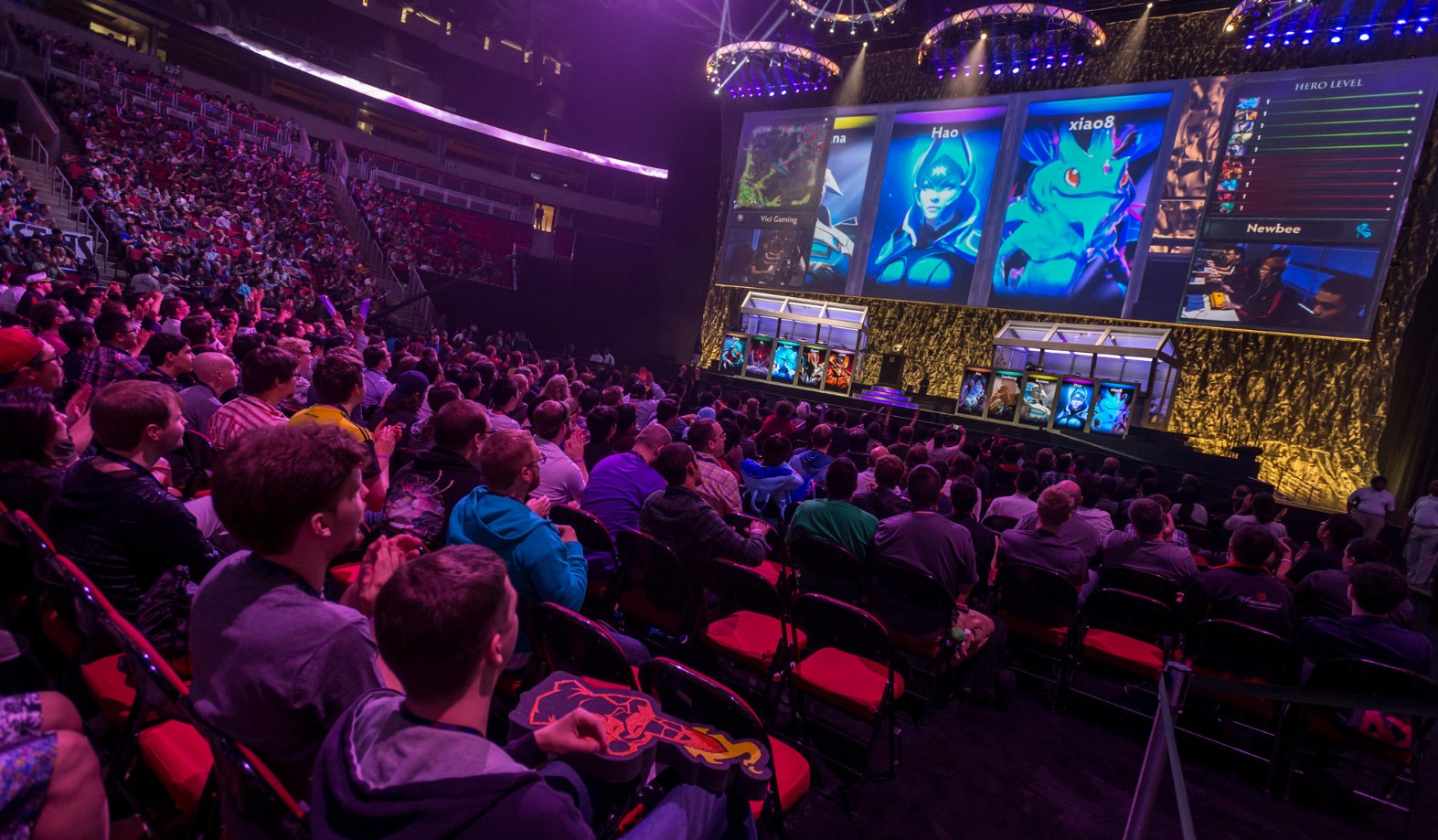Spending hours on fun massive multiplayer online (MMO) games, while definitely a lot of fun, tend to wear out players once the loop begins to feel the same. That is perfectly understandable. After all, doing the same things over and over again can incite burnout if it isn’t attended to. Fortunately, there is a lot of technology at work to make things exciting for online gaming periodically, otherwise known as real-time events. In turn, developers can still enjoy the benefits of having a potentially supportive community, provided that these additions to the game are consistently exciting and fun.
What powers these real-time events
But first, there are a few gears that turn together to make things fresh and exciting whenever the ideation of real-time events comes up. There is collaboration between developers and marketing teams to make these exciting events possible. To materialize these ideas, especially in online gaming platforms and even digital websites or mobile casino apps like betway, there is a significant amount of infrastructure involved to ensure that sustaining grandiose events in the game is possible.
Cloud streaming is one of the most significant developments in recent modern technology to contribute to online gaming as a whole, but most especially in real-time events. This is the main avenue for developers of games in digital websites or mobile apps like betway casino, as well as gaming platforms like Steam, to fix or improve what players can experience in the game. Casino titles on betway, for instance, often receive fine-tuned adjustments during active sessions, enhancing gameplay balance, bonus triggers or visual clarity in real time. Since it gives them remote access, teams involved in launching and operating the real-time event can apply the additions they intend for the players. As a result, live updates can seamlessly integrate itself within the games.
The very same technology also lets players interact with each other while experiencing little to no latency. MMO’s require social interaction between players for it to thrive and this technology lets players enjoy the real-time events as if it was happening before their very eyes. Players can react in an instant with other players and they can easily exchange their thoughts about the event as it happens.
Exciting engagement
So why do real-time events work in retaining engagement? One of its hooks has to be the event’s limited nature. MMO’s thrive on social exchange and among the player base of a really big game, the fear of missing out can act up whenever a limited event is active. Limited events could mean bonuses in in-game rewards and it should definitely not be missed out!
This is also true in online casino games. Bonuses are usually active in celebration of a few relevant events, like game anniversaries or the holiday season, that are relevant to their audience. These could come in the form of bonus spins and jackpots in slots or improved multipliers in online crash games like Aviator. These run in a span of a few weeks, so players may want to engage with the game longer than they have to.
By leveraging these technologies, developers create immersive, ever-changing worlds that keep players hooked. These elements foster competition, community, and unpredictability—key drivers of player retention.

